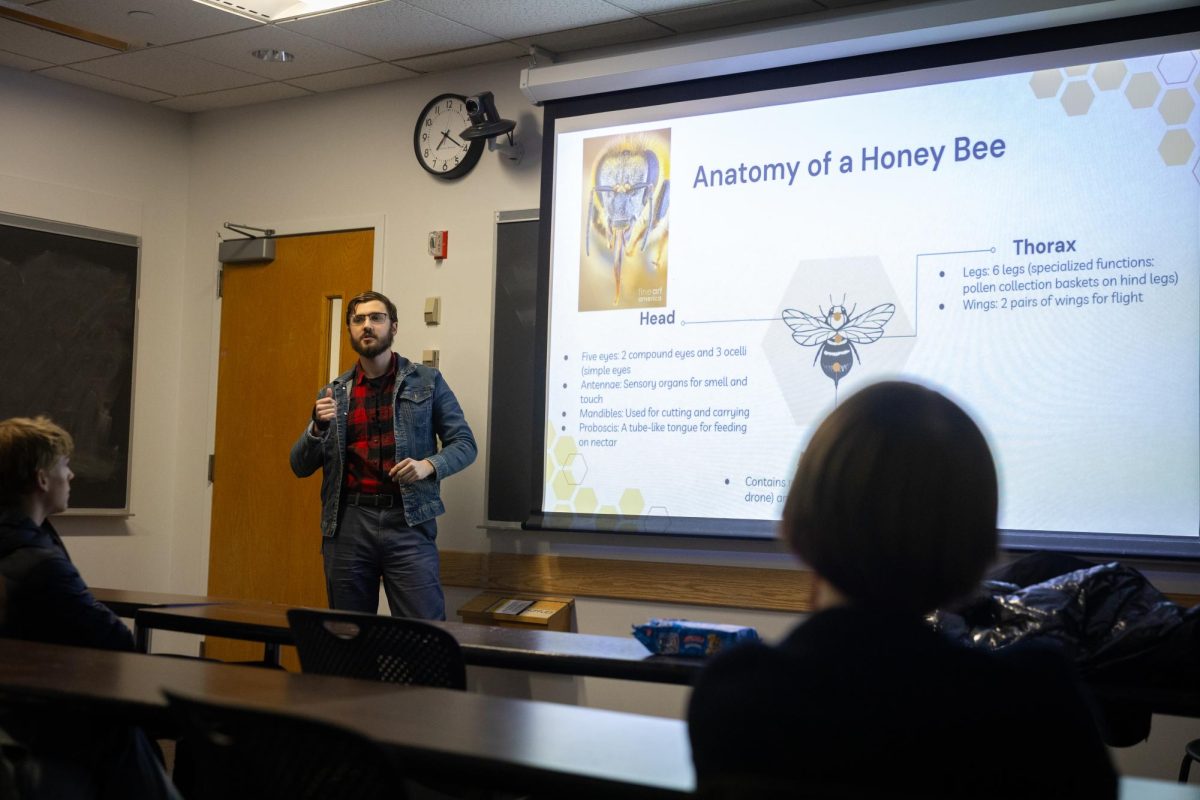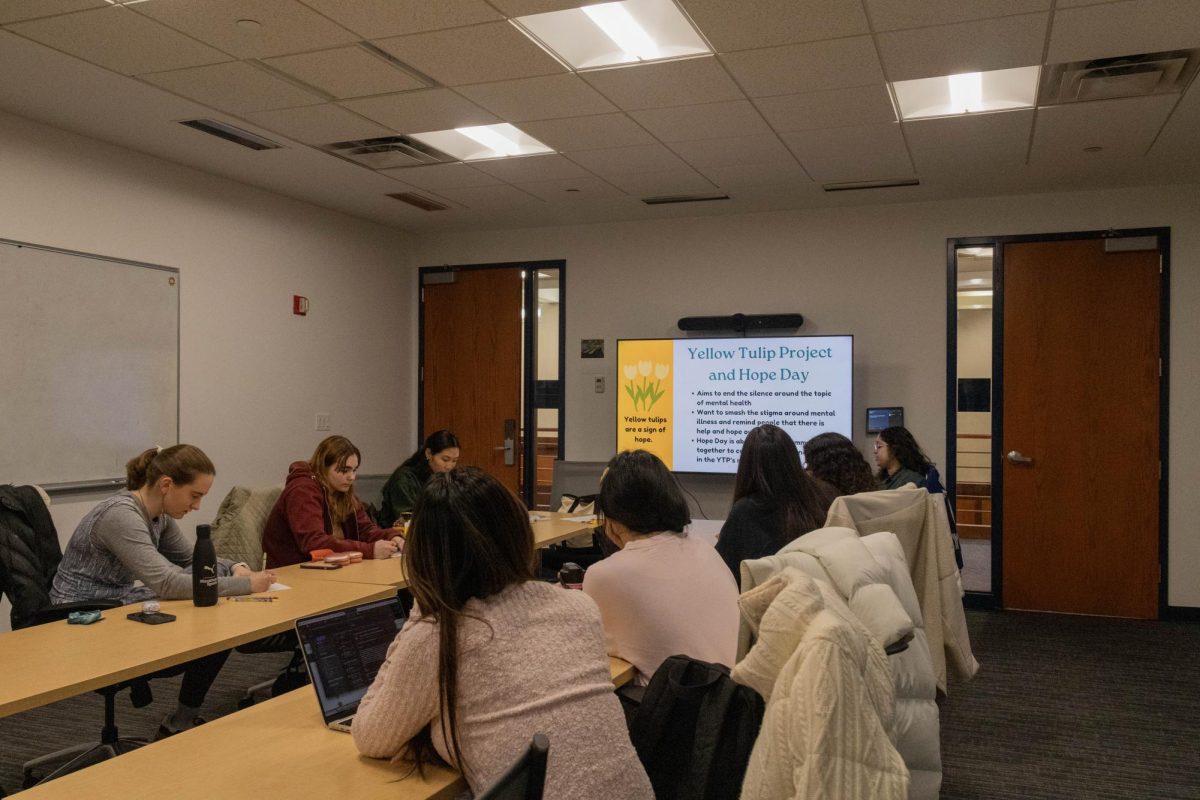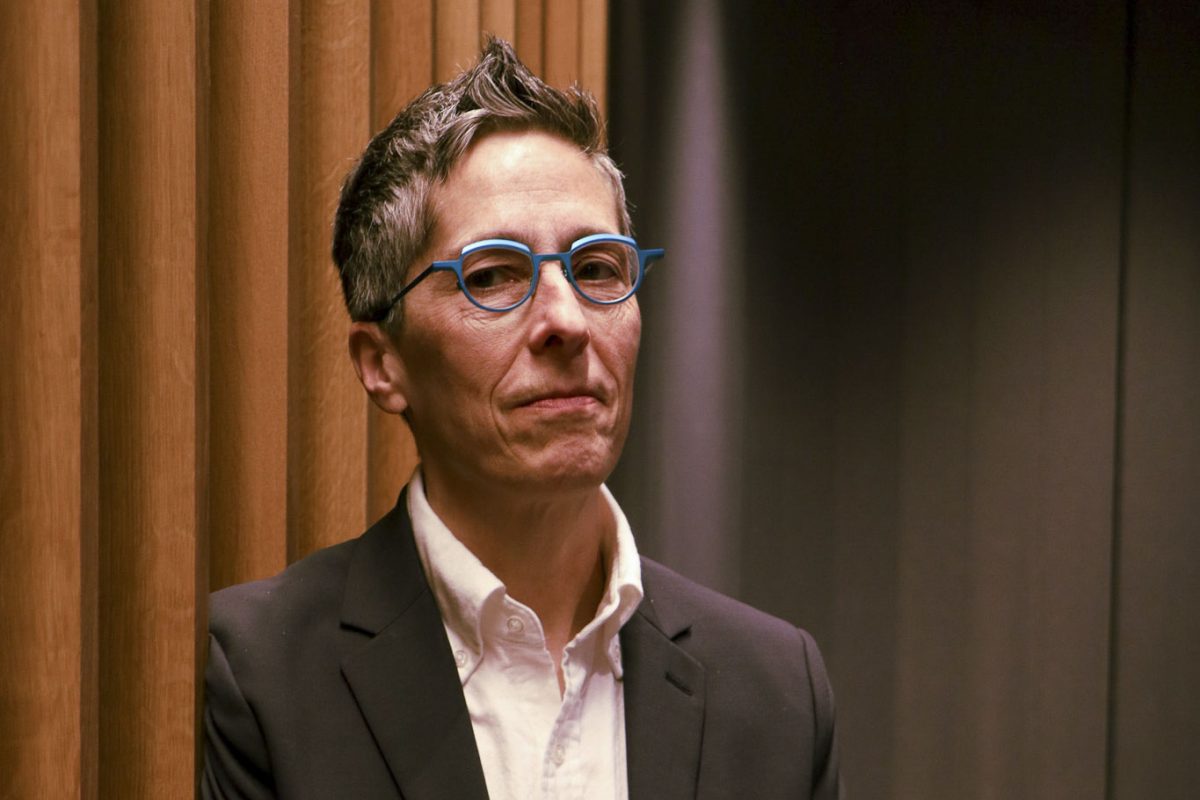By Zachary Boutin
Apparently wealth doesn’t always cure hunger.
According to 2007 statistics from the United States Census Bureau, the most recent available, Massachusetts has the fifth highest median household income in the union. But new statistics from Project Bread, the largest anti-hunger organization in the Commonwealth, tell a different side of the story.
Project Bread’s 2008 status report on hunger, which used data collected from 2004 to 2006, the most recent timeframe available for analysis, reports the number of Massachusetts families dealing with hunger rose to 8.1 percent, a 1.9 percent increase from the 2001-03 study.
The report used the term, food insecurity interchangeably with hunger, defining a food insecure household as one that has consistently been unable to confidently provide adequate nutrition for all its residents. Among these households, 70 percent reported they had at one point been unable to afford a meal, with 30 percent saying they purposely reducing or skipping meals in order to save money. The report also stated that such trends were six times more prevalent amongst low-income families than those with median or higher income.
Although the average college student can’t correct the overall causes for these trends, there are opportunities to make a difference, said local community outreach program directors.
David Waters, executive director of Community Servings, an organization that provides meals to terminally ill eastern Massachusetts residents, said getting involved is simple and rewarding.
“It’s not like curing cancer,” he said, emphasizing how anyone who wants to help can easily do so and make an impact. “Anyone can chop and peel,” he said.
Statistics from the Greater Boston Food Bank, another leading anti-hunger organization for eastern Massachusetts, showed similar findings. The most recent study from 2005, showed that more than 300,000 more people sought food assistance than in 2001, a 14 percent increase.
Of those interviewed by the food bank, 45 percent had in the past made a choice between paying for food and paying for heat, with 39 percent choosing between food and rent.
A 2008 survey conducted by the food bank of its food pantries showed a decrease in food donations, and 50 percent of food pantries reported running out of supplies to meet demand at least once.
Margaret Sloat, director of development at Project Bread, stressed the need for members of the college community to get involved in volunteer work.
“The patterns you set in college you set for life,” she said, mentioning how volunteering not only cultivates the community but the self.
Civic service from the college community is important to disproving the myth of prevalent selfishness among today’s youth, Sloat said.
Some students at Northeastern have already taken it upon themselves to make a difference.
Lydia Swan, an undeclared freshman and new member of the university’s Center of Community Service, said she didn’t think her service was out of the ordinary.
“Our generation is a volunteering generation,” she said.
Anthony Nu’ntilde;ez, a junior mechanical engineering major and a member of the Phi Beta Sigma fraternity, which is running a food and clothing drive, emphasized the need for Northeastern students to accept their responsibilities as future leaders and make a difference in the community.
Project Bread’s report says continued economic instability and rising food and fuel prices have affected families nationwide. However, Massachusetts in particular is even more susceptible than other states. Since the state is separated from major agricultural centers, food prices in the Commonwealth are at the mercy of transportation costs, the study said.








